Ethics
Ethics and basic moral guidelines will forever be a debate to society. Different opinions, culture, values, upbringing, beliefs, and experiences all come together to form an individual’s idea of right, wrong, acceptable, and unacceptable.
The internet and ethics… well that is a whole other issue. When the whole world is brought together under the same umbrella of expression, research, ideas, and everything else the internet has to offer- who is the one to say: what is okay to post on the internet, what is not acceptable to post, should I not post anything on the internet that will offend anyone, or is it under my rights that I say how I feel?
It is time society follows a basic Ten Commandments of the internet or at least a version of it… to ensure basic morals are being met to protect from internet damage.
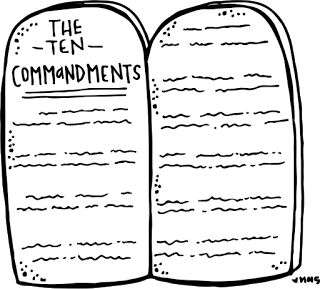
The Ten Commandments of Internet Ethics
1.Thou shall not use the internet to harm/be-little another.
The internet has been known to be dangerous when it comes to predators and bullying. Cyberbullying sprees in children/teens, the Craigslist killer, and other internet scandals have been the prime cause of embarrassment, harm, reputation destroyers, and to some extent death or suicide.
Especially internet use with children, there are many rules and guidelines that need to be set in place to avoid children and internet dangers.
The internet is a supposed to be a place where ideas, thoughts, and feelings are diffused to a large audience with convenience. Behind a computer screen, individuals tend to express their opinion more openly and freely since there is no confrontation. But when those expressions get out of hand thinking the computer will block consequences, is where protection and penalties need to be enforced.
Cyberbullying, online sex offenders, celebrity twitter feuds, and other degrading and immoral acts of attacking someone over the internet is a major concern when it comes to the internet, its safety, and the overall ethics of the online world society.
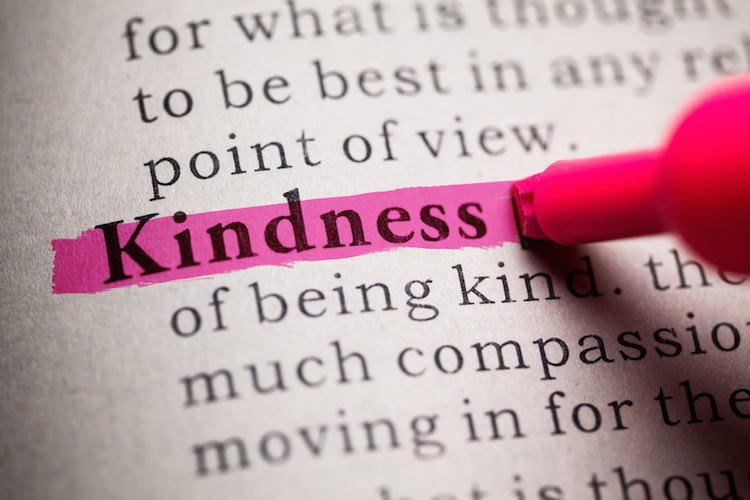
2. Thou shall not use the internet under a false identity.
No matter what your signing up for email, Facebook, banking, electric bills, FAFSA, college, a contract, etc. the internet is the database for most legal files you will need to fill out these days. It is important to be aware and stay safe from identity theft.
The internet has all these flaws that can have the wrong people get their hands on some important information, ruining lives.
False identity doesn’t just need to be financial fraud, but it can be child predators, hacking companies, or other cases of people using others’ identities to gain information and insight that doesn’t belong to their eyes.
3.Thou shall not use the internet for promoting false information.
Think of the internet as a tabloid, any piece of information that is released on it will spread like wildfire. Gammy always used to say “never believe anything you hear, and only half of what you see”!
Gammy is especially right when it comes to researching on the internet. Why do you think professors make you cite academic journals from high regarding databases such as your college/university’s library? It’s because not many sites hold reliable info!
Everyone thinks they’re smarter than the average bear when they say “ Wikipedia can be edited and changed by anyone, therefore it’s unreliable”… but in reality most things are posted on the internet by those who have no degree, experiences, or profession in the topic.
False Advertising is another factor that needs to be addressed on the topic of spreading false information. If a company is spreading their message online, and their services or products are not what its cracked up to be, they are promoting false information just as fast as the internet creep in his basement.
The easiest way to spread a trend is to create an online rumor. Society feeds off of scandals, drama, and shock factors- which is why we are so fascinated with half the shocking (cough cough…fake) stories…
The internet should not be used for inaccurate information, used for false advertising, or used to spread false rumors/ stories for false information. Just like the internet rumor of Justin Bieber’s Calvin Klein campaign: internet rumor… false advertising… or both?

4. Thou shall not post illegal behavior on the internet.
This needs to be a policy promoted heavily within schools and universities. Teens and young adults love shoving it in their “friends” faces about the good time they had or party they went to. The attention that they seek on the internet is sad, considering they are posting content that is illegal for all to see just for likes and a good laugh.
Beer cans, keg stands, smoking pot are just a few of the common props used on Instagram, Facebook, and Twitter posts. These additives to these young adults who post them will catch up and bruise them when they start applying to jobs and get turned down due to inappropriate social media representation. Your social media mistakes today can effect your dream job tomorrow.
Posting a Snapchat of you and your friend rocking out to your favorite song on a road trip may seem lighthearted… but guess what your using your phone and driving aka illegal.Just like posting pictures of parties can have the cops track and shut down the party.
Posts like hunters showing off their new guns and showing off all that cash you “made” over the summer can leave a bad imagine in an employers’ imagination- cash and guns… very nice kids. Some things are just left unposted. Even if you did get all the legal hunting weapons and licenses and actually did bust your butt waitressing for that money, it is not worth the conclusions it can leave from professionals.
You probably don’t even realize half the illegal things you do online since it has been so acceptable to society.

5. Thou shall not post images on the internet that you would not want your grandmother to see.
I’m Shmacked is one of the pages that I quickly scroll past to avoid when I am sitting next to my mom or 77 year old uncle so I don’t get the “What the hell was that?” reaction. But why do I still follow them? Not sure… because I’m in college and it is just normal to keep a follow with them?
I keep scrolling… what do I see? Crop tops, binge drinking shenanigans, sexual pictures, giving the middle finger, people smoking, posts venting about someone they hate, memes about one night stands and bad mistakes… nothing out of the ordinary for teens and young adults to see on their newsfeed. Not sure why we find these images entertaining but these posts influence friends, peers, and other followers’ to strive to live up to these images.
Two students in a California high school were actually arresting for “inappropriate pictures” being posted online- with usernames and profiles there is no denying you did’t post it since your fingerprints are all over that page.
But why are these images being posted for all to see when in reality, you would not want your boss, family, or teachers to associate you with that behavior. You are not setting yourself an image of class, professionalism, and respect with posts like these. Another things is, there is no such thing as “deleting” a post.
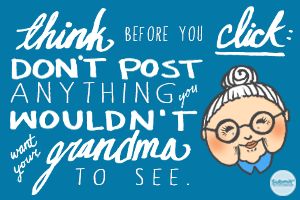
6. Thou shall not use the internet to track individuals who don’t want to be tracked.
It is cool that Twitter can track users to predict the next flu outbreak and when you are out with your friends the “track a friend” feature on the iPhone can be useful when you get separated… but are all these trackers too much?
Secret tracking is also available to follow someone’s every move without them even know. Now that is scary and an invasion of privacy. This means someone can know where you are at all times and see if you are somewhere you don’t belong.
Location settings on Facebook and Instagram that can track where the photo was taken can have anyone find out where you are, even if you don’t want them to know. Snapchat filters tell everyone where you are… which may not be such a good idea if you called out sick to work to go to the concert.
At a bar and underage, someone may take note of that when they see last night’s photo you posted. In a relationship with no trust… be careful…they may be secretly following your every move.
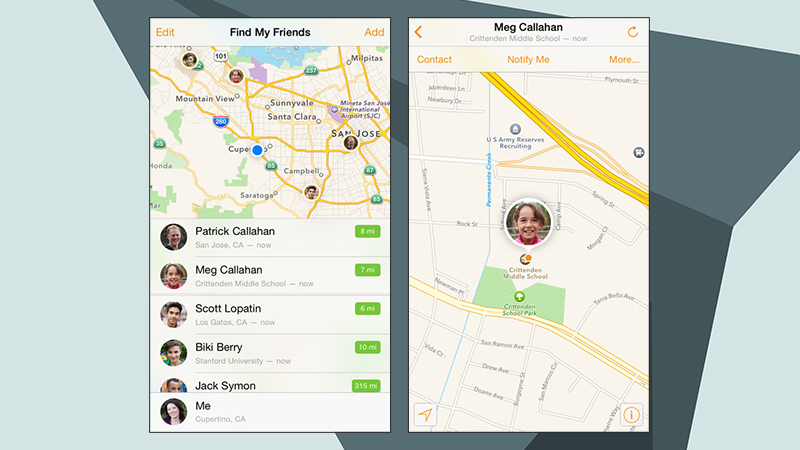
7. Thou shall not replace social media with traditional childhood activites.
Social media should be limited to children. Learning how to ride a bike, having dinner conversations, and actually talking to their friends rather than texting them even though they are sitting next to them are all important social skills kids need to learn. In a degree, social media is ruining kids.
Social media is ruining children’s social skills and physical skills. Back in the day kids went outside, rode bikes, rollerbladed… not today. Today’s activities include sitting on their iPad or iPhone- which is hundred’s of dollar investments that make your kids a couch potato and have them zone out to Ninja Fruit.
Dinner tables will never be the same with the whole family scrolling through their newsfeed rather than talking to their family- which is decreasing the quality of family life. Excessive social media and internet use with kids should be limited to save the next generation’s social, mental, physical, and over childhood skills.

8. Thou shall not abuse the duck face.
Just don’t do it. You all know it’s stupid.
9. Thou shall not only use WebMD to check their health concerns.
Everyone knows that if you put your health symptoms into google, click WebMD’s site, and read what they have to say, you either have cancer, an STD, or should have been dead last week. But when it comes to internet and your health you need to be health literate online.
Finding and researching in detail health topics, websites, and concerns are essential to getting the most accurate information. Universities, government run agencies, and doctors with credentials are things to look at when searching health topics.
Evaluating health information is essential to internet and health literacy and will lead you to better quality of research.
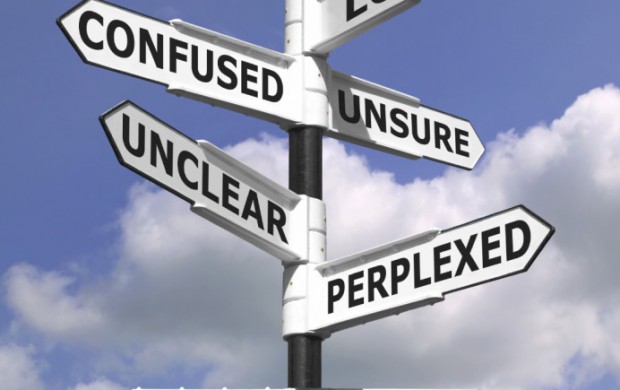
10. Thou must use the THINK method before posting on the internet.
The think method includes basic questions to think about posting on the internet. True, Helpful, Inspiring, Necessary, Kind…this will ensure your internet and social media following is respectable, professional, and sets a good example.
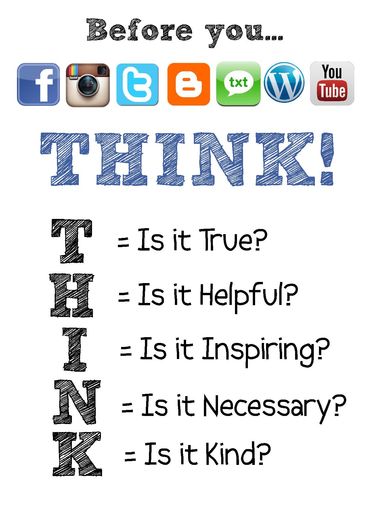
None of these rules are set in stone, but they are things to think about when setting basic morals and ethics to internet use. Using morals and values these commandments hold will help your social media sites break the internet.

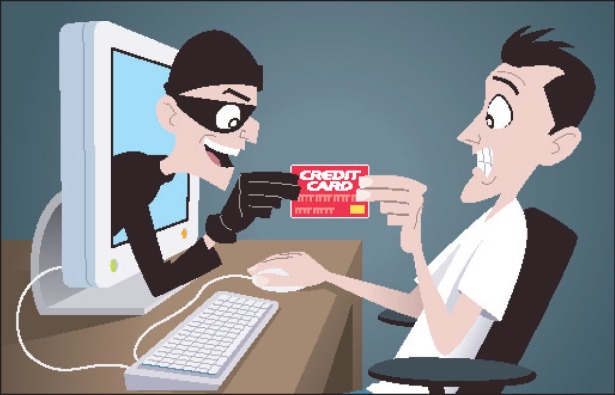
I love the set up you have.. 10 commandments! Brilliant!!! The images you found were fantastic as well. Went along perfectly with what you were talking about and current! The way you introduced ethics went straight into reminding the reader of what they are about to experience and give a little background. And they way you ended it was so go too, saying that these rules aren’t set in stone! Great way to put it! Ending it with the encouragement of breaking the internet was the cherry on top! Great Work! 🙂
LikeLiked by 1 person
Carolyn – Your whole blog entry blew me away. From the first graphic you used, the title, to your whole overarching theme; it was fantastic. I loved that you gave a lot of informative tips in a fun, readable way. I had no idea that ‘secret tracking’ was a thing either. I also really like that you broke down the word THINK into five different words/rules to live by when posting online. The only thing I would suggest is making it a little more health centered, which is not hard to do with the already great content you have posted. Overall, I liked your blog a lot and keep up the great work!
LikeLiked by 1 person
Carolyn,
You found an excellent article to base your blog on! The Ten Commandments were very true and put a fun spin on talking about ethics. It also gave a good reason to set up your blog so cleanly. Some of the commandments, such as don’t use the internet to harm others, were great suggestions, but others seemed to not fit into the health context. I would suggest centering the blog around health organizations and how they fit into these commandments. Nevertheless, you have a wonderful blog!
LikeLiked by 1 person
Wow this is one of my favorite blogs…I like that you pointed out social media can track people and that it’s super important to think before you post. Also along with reading the full content of a post before you decide to repost. I think you could have related it more to a health organizations point of view for posting on social media a little more but you pointed out a lot of key aspects that I think are very important
LikeLike
Wow this is one of my favorite blogs…I like that you pointed out social media can track people and that it’s super important to think before you post. Also along with reading the full content of a post before you decide to repost. I think you could have related it more to a health organizations point of view for posting on social media a little more but you pointed out a lot of key aspects that I think are very important. Nice job!!
LikeLike
I really loved this blog post. I think one thing that was really effective was setting up the internet ethics like the ten commandments. I don’t think you over did anything and it was really cool to see it in such a format as that. The layout of your blog was really good and I think you kept it clean and really easy for the reader to navigate through. I think one of my favorite parts of your blog was toward the end where you had the “think” section. Seeing it laid out like that was really nice and I think it was a good image. Great work here. One thing I would suggest for the future is to make sure that you use bullet points to separate certain information. Other than that, good job.
LikeLike